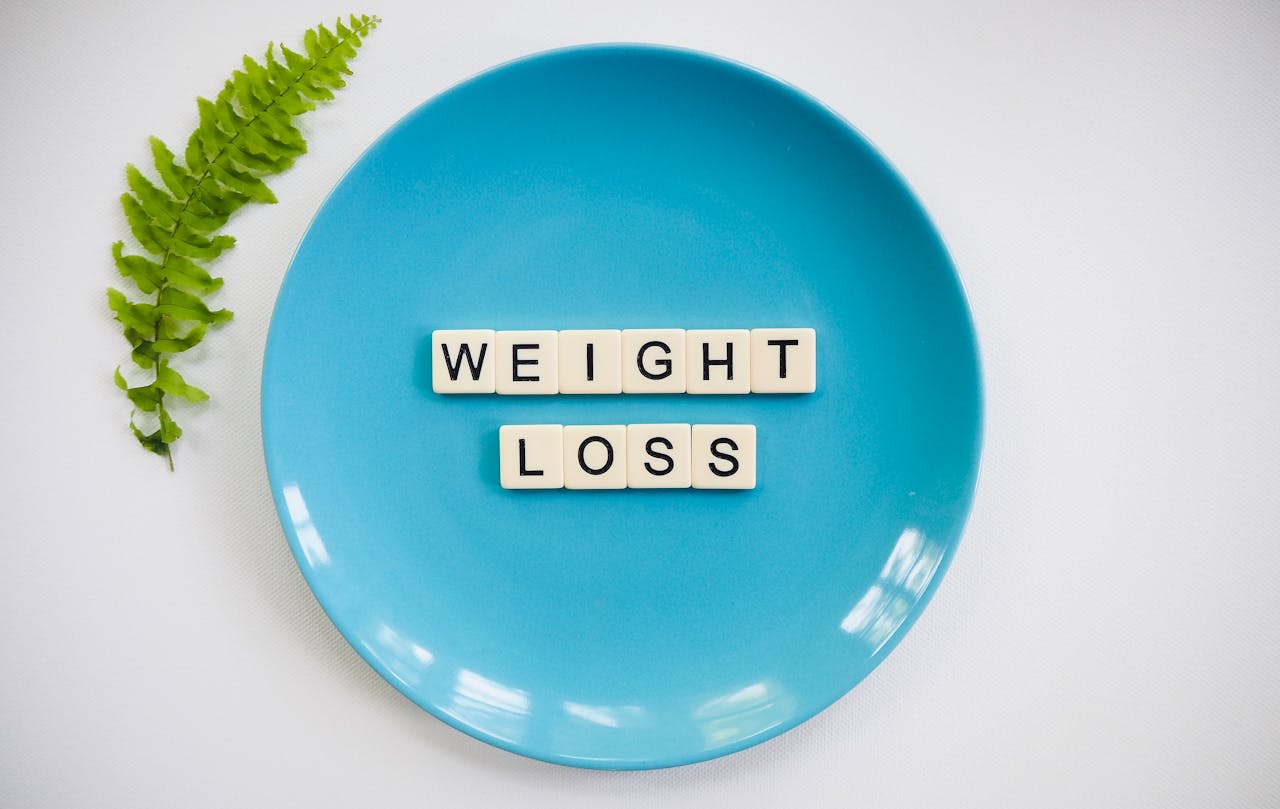When embarking on a weight loss journey, most people focus on diet and exercise as the primary tools for success. However, there is another crucial factor that often gets overlooked: sleep. Quality sleep is not just a luxury; it’s a vital component of any effective weight loss plan. In this blog, we’ll explore the powerful connection between sleep and weight loss, and why prioritizing your sleep might be the missing piece in your journey to better health.
How Sleep Affects Your Weight
The relationship between sleep and weight is complex and influenced by several physiological and psychological factors. Let’s break down how insufficient sleep can sabotage your weight loss efforts:
- Hormonal Imbalance: Sleep deprivation disrupts the balance of key hormones that regulate hunger and appetite. Two of the most important hormones in this process are ghrelin and leptin. Ghrelin, often called the “hunger hormone,” increases when you’re sleep-deprived, making you feel hungrier. Leptin, on the other hand, signals to your brain when you’re full. When you’re short on sleep, leptin levels decrease, meaning you don’t feel satisfied even after eating. The result? You end up eating more than you need.
- Increased Cravings: Lack of sleep can also lead to increased cravings, particularly for high-calorie, carbohydrate-rich foods. This is because sleep deprivation affects the brain’s reward centers, making junk food more appealing. It’s not just about willpower; your brain is literally pushing you toward those unhealthy choices.
- Slower Metabolism: Poor sleep can slow down your metabolism, making it harder to burn calories efficiently. Research has shown that even short-term sleep deprivation can reduce resting metabolic rate, the number of calories your body burns while at rest. This means that the same amount of food will contribute more to weight gain if you’re not getting enough sleep.
- Reduced Physical Activity: When you’re tired, you’re less likely to exercise. Even if you do manage to work out, your performance is likely to be suboptimal, and you may not burn as many calories as you would if you were well-rested. Over time, this can significantly impact your weight loss progress.
- Impaired Decision-Making: Sleep deprivation can affect your ability to make healthy decisions. When you’re tired, your brain’s prefrontal cortex, the area responsible for decision-making and self-control, doesn’t function as well. This makes it harder to resist temptations and stick to your diet and exercise plan.
The Science Behind Sleep and Weight Loss
Numerous studies have highlighted the importance of sleep for weight loss. One study published in the Annals of Internal Medicine found that dieters who were well-rested lost more fat than those who were sleep-deprived, even though both groups consumed the same number of calories. The sleep-deprived group lost more muscle mass, which is counterproductive to weight loss since muscle tissue helps burn calories.
Another study published in Obesity found that people who slept fewer than six hours a night were more likely to have a higher body mass index (BMI) and more body fat than those who slept seven to eight hours. This evidence suggests that insufficient sleep can directly contribute to weight gain and obesity.
How Much Sleep Do You Need?
The ideal amount of sleep varies from person to person, but most adults need between seven and nine hours of sleep per night for optimal health. It’s not just about quantity, though—quality matters too. Deep, restorative sleep is what your body needs to regulate hormones, repair muscles, and support overall well-being.
Tips for Improving Sleep Quality
If you want to improve your sleep and, by extension, your weight loss efforts, consider these tips:
- Stick to a Schedule: Go to bed and wake up at the same time every day, even on weekends. This helps regulate your body’s internal clock.
- Create a Bedtime Routine: Establish a calming pre-sleep routine to signal to your body that it’s time to wind down. This could include reading, taking a warm bath, or practicing relaxation techniques like deep breathing or meditation.
- Optimize Your Sleep Environment: Ensure your bedroom is conducive to sleep. This means a cool, dark, and quiet environment with a comfortable mattress and pillows.
- Limit Screen Time: The blue light emitted by phones, tablets, and computers can interfere with your sleep. Try to avoid screens at least an hour before bedtime.
- Watch Your Diet: Avoid heavy meals, caffeine, and alcohol close to bedtime, as these can disrupt sleep.
- Exercise Regularly: Regular physical activity can help you fall asleep faster and enjoy deeper sleep. Just be sure not to exercise too close to bedtime, as it might have the opposite effect.
Conclusion
Sleep is a powerful and often underestimated factor in weight loss. By ensuring you’re getting enough high-quality sleep, you can better regulate your hunger hormones, boost your metabolism, and make healthier choices throughout the day. Remember, weight loss isn’t just about the hours you spend in the gym or the food on your plate—it’s also about the time you spend in bed. Prioritize your sleep, and you may find that the pounds start to fall off more easily, and your overall health improves as well.


